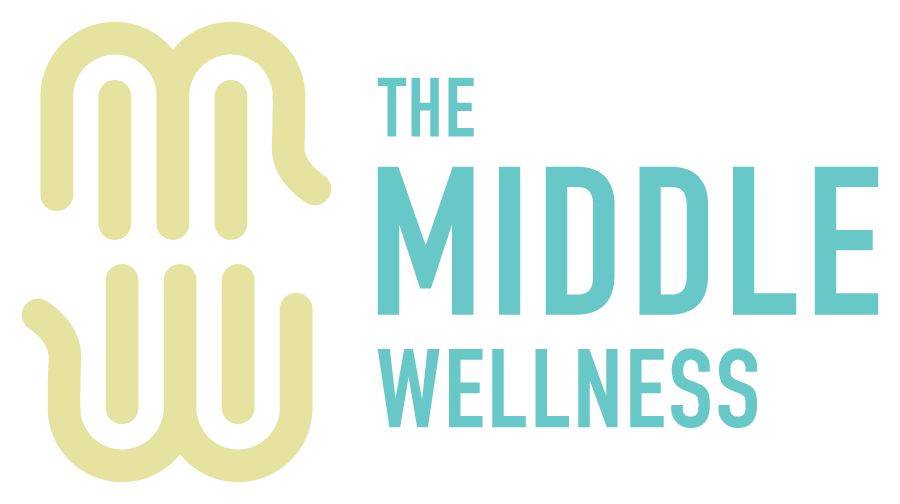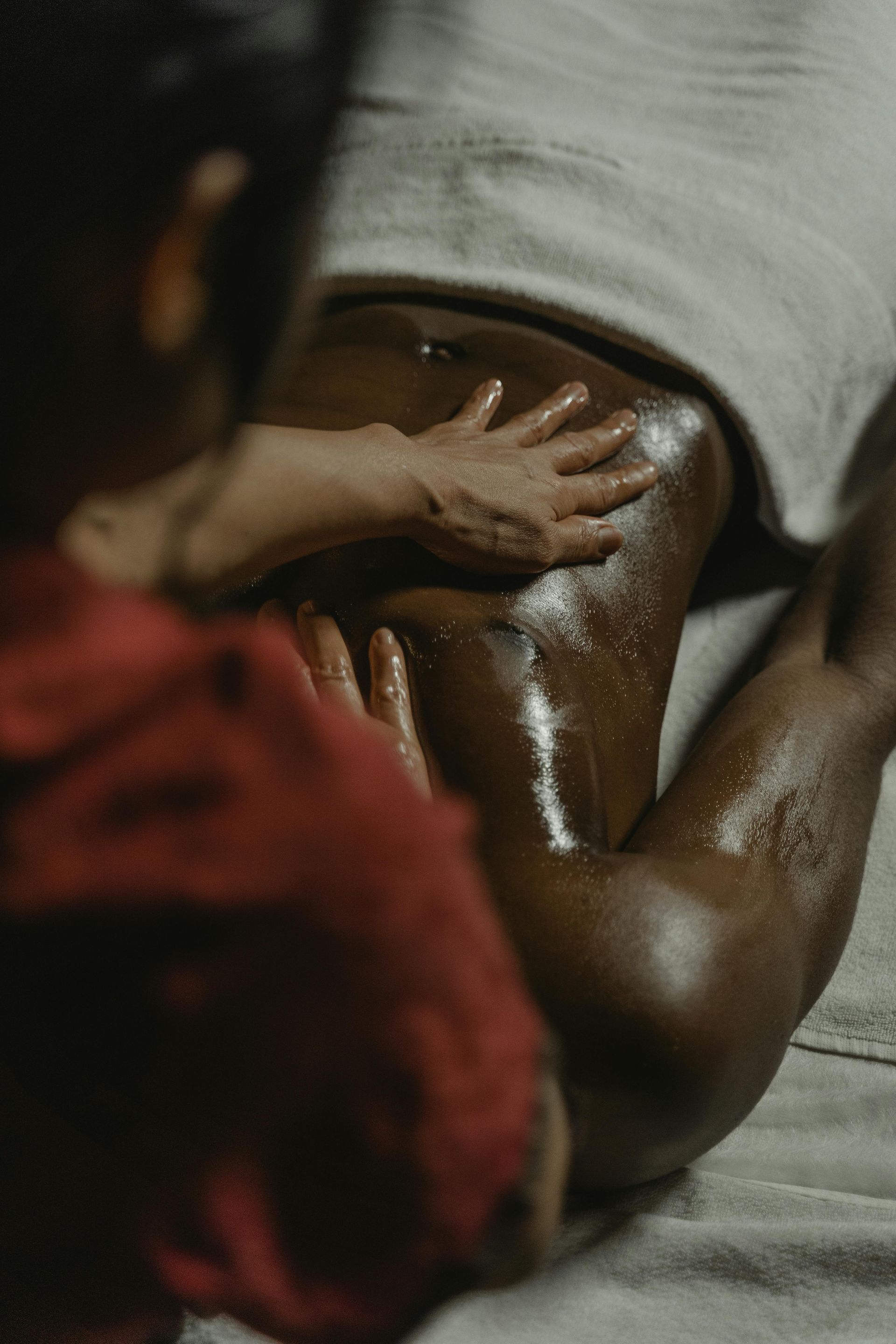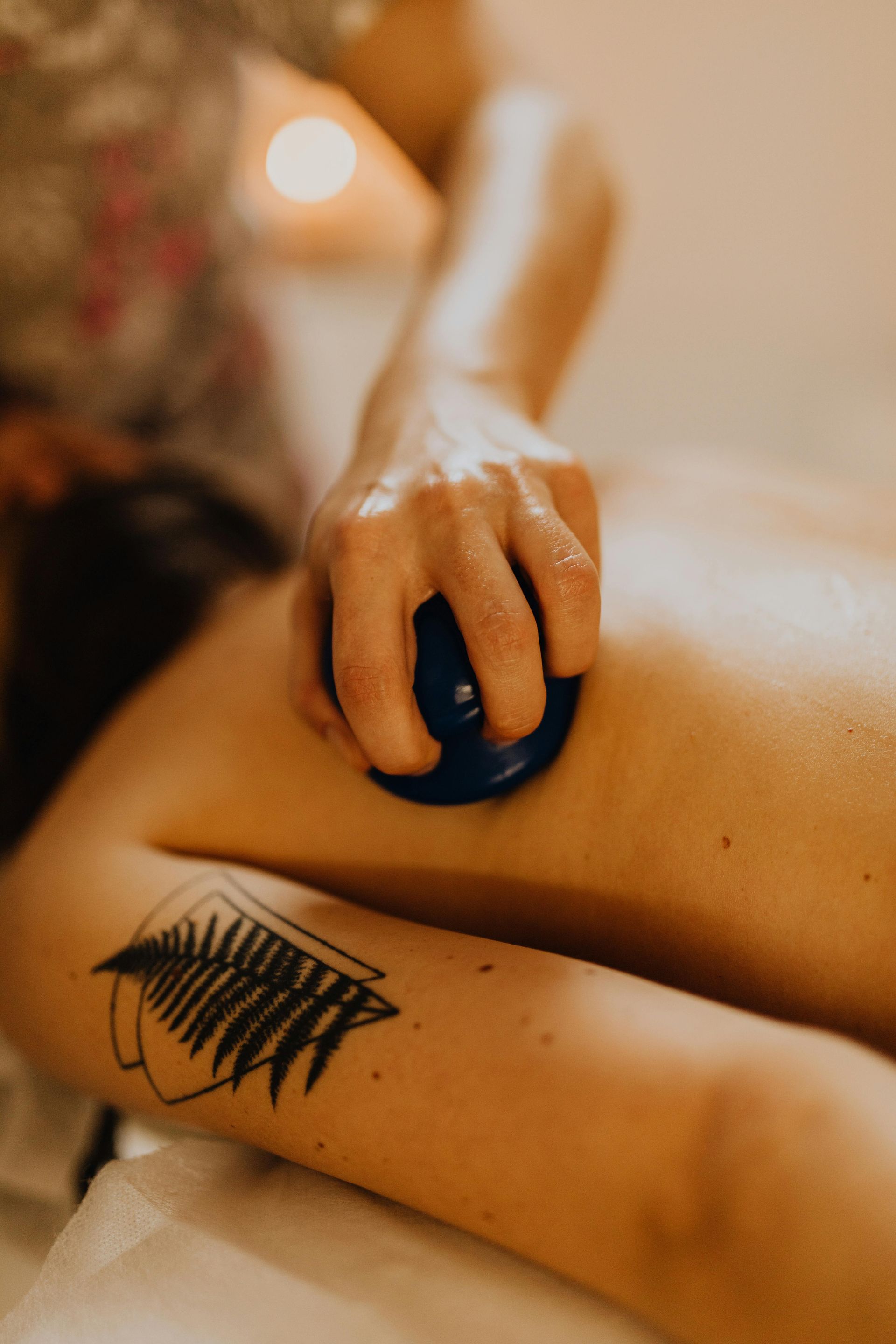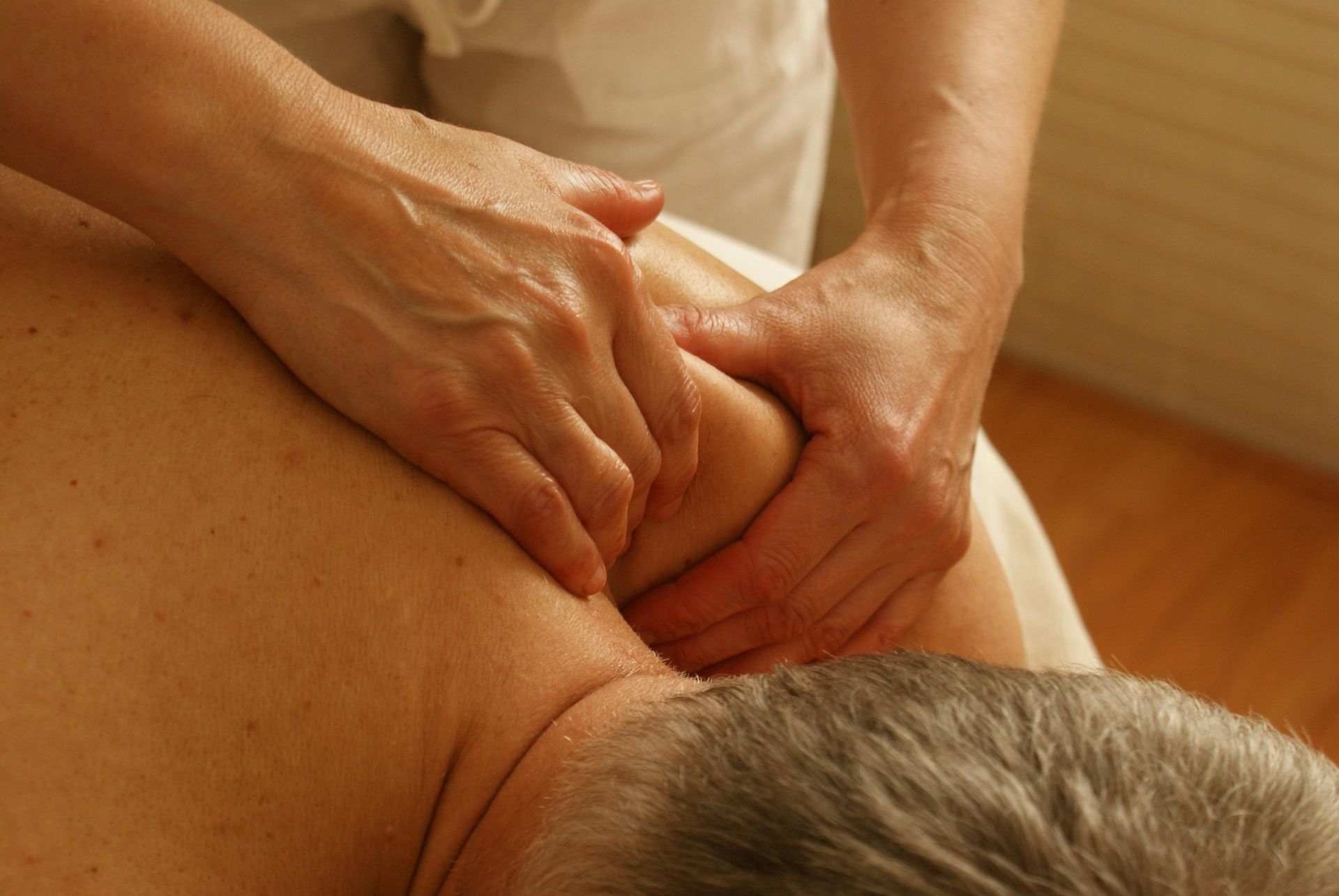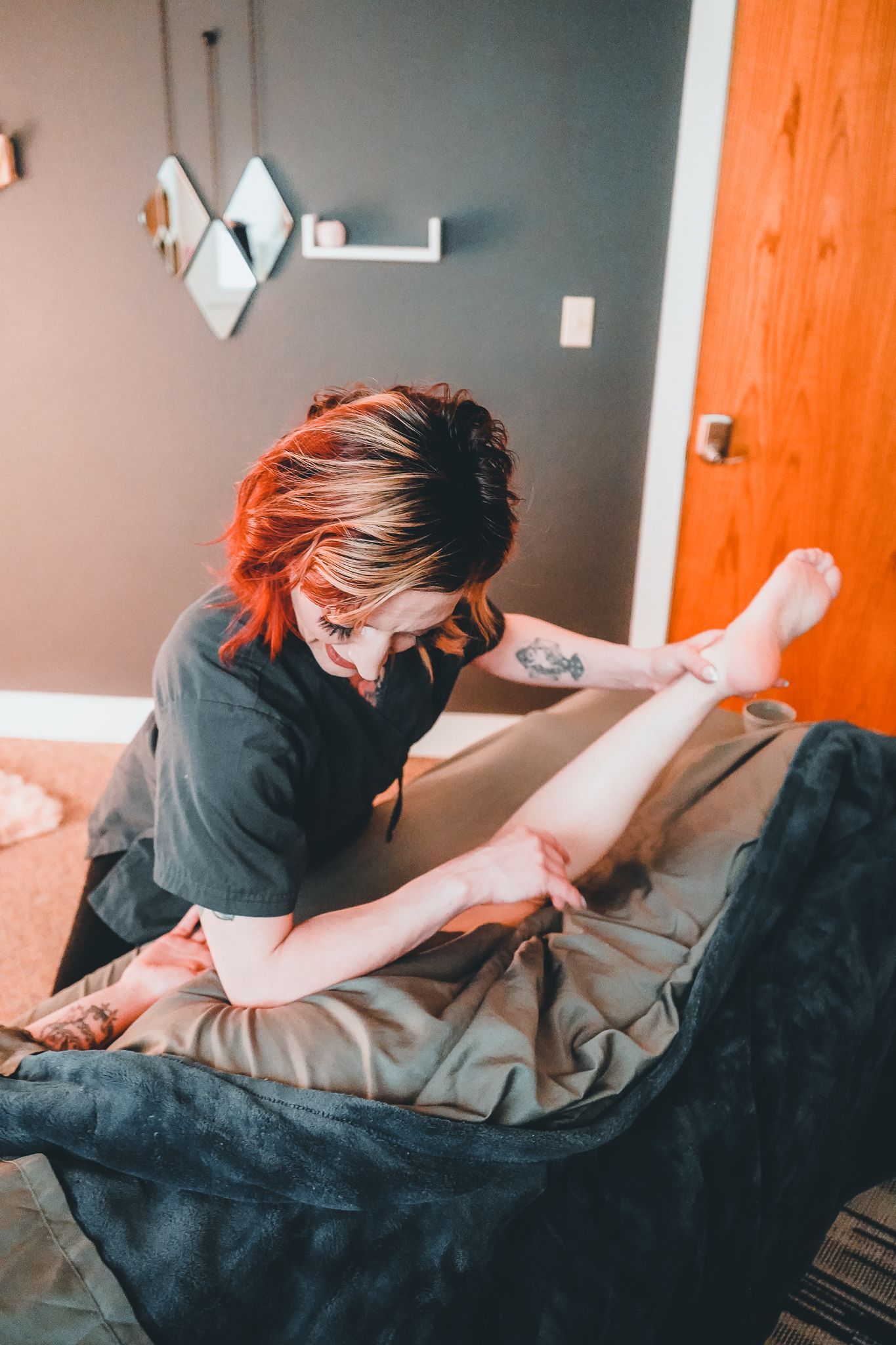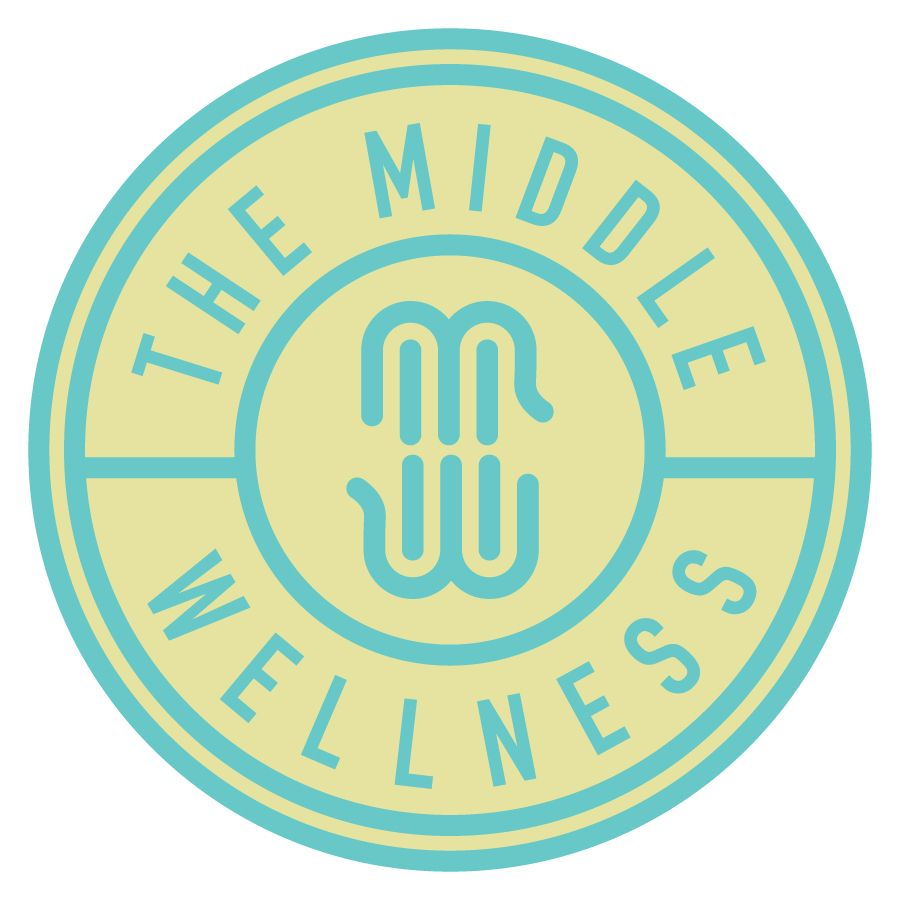The Power of Massage Therapy in Alleviating Anxiety
Finding Peace through Massage

In today's fast-paced world, anxiety has become a common struggle for many individuals. The constant stressors and demands of daily life can take a toll on our mental well-being. While there are various methods to manage and reduce anxiety, one approach that has gained significant recognition is massage therapy. Let’s explore the profound impact of massage therapy in alleviating anxiety and promoting overall relaxation and mental wellness.
Understanding Anxiety
Before delving into the benefits of massage therapy, it's crucial to understand the nature of anxiety. Anxiety is a complex condition that involves excessive worry, fear, and unease. It can manifest in various forms, such as generalized anxiety disorder, panic disorder, social anxiety disorder, or specific phobias. The physical and emotional symptoms of anxiety can be debilitating, affecting every aspect of a person's life.
Massage Therapy: A Holistic Approach to Anxiety Relief
Massage therapy, dating back thousands of years, is an ancient practice that involves manipulating the body's soft tissues. It is known for its ability to promote relaxation, reduce muscle tension, and improve overall well-being. Beyond its physical benefits, massage therapy has been found to have a profound impact on mental health, particularly in alleviating anxiety.
1. Stress Reduction
One of the primary contributors to anxiety is stress. Massage therapy provides a unique opportunity to escape the pressures of daily life and enter a state of deep relaxation. The gentle strokes, kneading, and pressure applied during a massage session stimulate the body's relaxation response, triggering the release of endorphins, serotonin, and dopamine. These "feel-good" chemicals help reduce stress hormones, promoting a sense of calm and tranquility.
2. Enhanced Mood and Emotional Well-being
Anxiety often leads to emotional imbalances, including irritability, restlessness, and mood swings. Massage therapy has been shown to boost mood and emotional well-being by reducing the levels of cortisol, the stress hormone, in the body. Additionally, the human touch and nurturing environment provided during a massage session can foster feelings of comfort, safety, and connectedness, which are essential for anxiety relief.
3. Improved Sleep Quality
Anxiety can significantly disrupt sleep patterns, leading to insomnia or restless nights. Massage therapy can help improve sleep quality by relaxing the body, reducing muscle tension, and promoting a state of deep relaxation. Regular massage sessions have been found to regulate sleep patterns, allowing individuals to experience restful and rejuvenating sleep.
4. Mind-Body Connection
Massage therapy not only focuses on the physical aspects of the body but also acknowledges the mind-body connection. By addressing both the physical and emotional aspects of anxiety, massage therapy provides a holistic approach to healing. The calming environment, soothing music, and aromatherapy used in many massage sessions create a serene atmosphere that promotes mental and emotional well-being.
Incorporating massage therapy into your anxiety management routine can be a powerful tool for finding relief and promoting overall well-being. Its ability to reduce stress, enhance mood, improve sleep quality, and nurture the mind-body connection makes it an effective complementary therapy for anxiety. However, it's important to note that massage therapy should not replace professional mental health treatment but can be used in conjunction with it. If you're experiencing anxiety, consider exploring the benefits of massage therapy and consult with a licensed massage therapist to find the best approach for your individual needs. Embrace the healing power of touch and embark on a journey towards a calmer and more balanced life.
